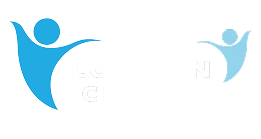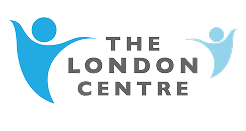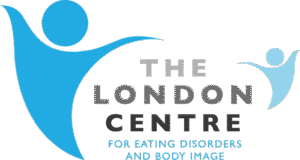Binge Eating therapy & support
We offer compassionate, evidence-based treatment for binge eating disorder to support emotional well-being, self-understanding, and long-term recovery.
Binge Eating EXPLAINED
What Is Binge Eating Disorder?
Binge eating disorder is a recognised mental health condition characterised by recurrent episodes of binge eating. A binge involves eating a noticeably large amount of food within a relatively short period of time, alongside a sense of loss of control – feeling unable to stop, slow down, or make different choices. This is different from occasional overeating, which does not usually involve the same intensity of distress or loss of control.
To meet diagnostic criteria for binge eating disorder, binge episodes typically occur, on average, at least once per week over a three-month period. These episodes are often followed by feelings of guilt, shame, or emotional distress, and can have a significant impact on well-being, self-esteem, and daily life.
Binge eating disorder is distinct from bulimia nervosa. While bingeing also occurs in bulimia, individuals with binge eating disorder do not usually engage in compensatory behaviours such as vomiting, laxative use, or excessive exercise to counteract food eaten during a binge.
2-3 %
of people are estimated to be affected by BED
Binge eating disorder affects people of all ages and backgrounds.
It is influenced by emotional, psychological, and behavioural factors – all of which can be addressed through specialist, evidence-based treatment.
1.25M
people living with an eating disorder

Emotional and Psychological Aspects
Binge eating often develops as a way of managing difficult emotions such as stress, anxiety, sadness, or loneliness. Over time, this cycle can feel increasingly hard to break without support.
The Importance of Understanding
Binge eating is not a lack of willpower or discipline. It is a recognised condition that deserves compassionate, expert care, and with the right support, individuals can regain confidence and control.
Signs and Symptoms of Binge Eating
Common signs include:
How The London Centre
Supports Recovery
Treatment at The London Centre is confidential, psychology-led, and tailored to each person’s needs. Our clinicians provide support for binge eating by helping individuals understand the emotional triggers, thought patterns, and behavioural cycles that maintain the disorder.
Alongside this, therapy focuses on developing healthier, alternative coping strategies for managing difficult emotions, so food becomes less relied upon as a source of comfort or regulation.
We work collaboratively to support meaningful, long-term change, helping clients build confidence, emotional steadiness, and a more balanced relationship with food.
Personalised and
Collaborative Care
No two experiences of binge eating are the same. Every treatment plan is shaped around each individual, with clinicians working closely alongside clients to build trust and support sustainable progress at a pace that feels right.


Therapies Used to Treat
Binge Eating
Our clinicians use evidence-based approaches matched carefully to each individual. Some therapies are specifically designed for eating disorders, while others are well-established psychological models that can be adapted to support people with binge eating disorder when additional emotional or relational factors are present.
A Holistic Approach
to Recovery
Recovery involves understanding emotional, psychological, and behavioural needs. Our holistic approach helps clients build healthier coping strategies, strengthen self-understanding, and move towards lasting change.
Benefits of Specialist Binge Eating Treatment
When to Seek Help for
Binge Eating
It may be time to seek support if binge eating is affecting your health, mood, self-esteem, relationships, or everyday life. Many people delay seeking support for binge eating, but early intervention can ease distress and improve recovery outcomes.
The London Centre offers flexible outpatient treatment, providing compassionate care in a calm, confidential environment.

Start your journey
Take the First Step
Towards Recovery
Binge eating disorder is highly treatable, and with the right support, individuals can regain control, confidence, and emotional balance. You do not need to face this alone – specialist help is available, and recovery is absolutely possible.


